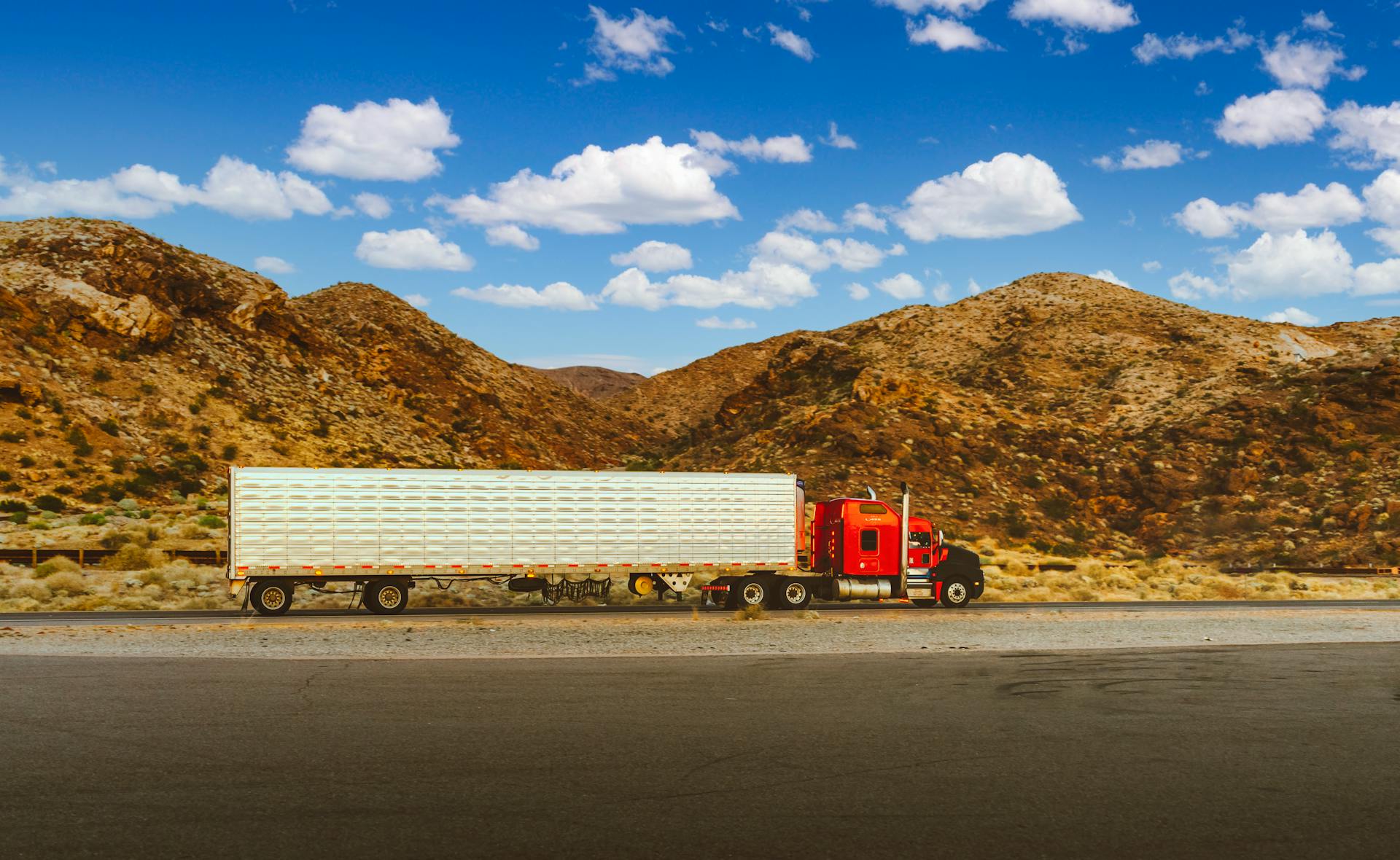
Overheight and Overweight Loads Pose Oversized Risks
When you think of truck wrecks, what comes to mind? Probably a fatigued truck driver veering off the road, or perhaps one who’s on the phone and not paying attention, or someone trying to make deadlines and risking it all by speeding and running stop signs.
There’s another danger, however, that isn’t exactly as easy to spot. Trucks that are overloaded can pose a hazard to the other drivers. They’re not just big, they’re outside of the safe limits, and when they’re not properly permitted, escorted, or routed, they can have terrible consequences when something goes wrong. The Car Crash Captain looks into how this all goes down.
How Big can Big Rigs Be?
Federal laws determine how big vehicles can be when they’re traveling on the interstate. These aren’t arbitrary numbers either, they’re specifically studied to ensure the maximum size that can safely travel. These trucks can be:
- 13’ 6” in height
- 80,000 pounds in weight
- 53 feet in trailer length
There are, however, loads that end up exceeding these maximums. When that’s the case, they need to get special permits for oversize or overweight; sometimes pilot cars are required to ensure safety on the roads.
What Happens When the Bigness is Exceeded?
It’s not hard to see that exceeding some of these dimensions can have disastrous results.
When a vehicle is overheight, they risk running into bridges, overpasses, and more. The roadways are designed to ensure that big rigs can safely travel – assuming the big rigs follow the guidelines. Of course, there are plenty of mishaps when a big vehicle tries to pass through an older area that isn’t able to be updated to accommodate modern sizes (just check out 11 foot 8).
Trailers that are overlength require more room to turn. Even a standard sized trailer can have difficulty navigating some turns, when they’re even longer, the turns get even harder.
Heavier vehicles take more time to stop. Exceeding the weight can cause even more problems, and leads to higher instances of rear-end collisions.
Suppose all the other rules are followed, that oversized cargo can be harder to secure. Shifting, rolling, toppling, or losing the cargo leads to serious issues on the roads.
How Does This Slip By and Become an Issue?
With all of the regulations surrounding commercial vehicles, how do these slip by? How are these an issue when supposedly the trucking companies and drivers are abiding by the rules?
Modern GPS systems should make this a non-issue, but route planning needs to be done carefully. Drivers may miss low-clearance warnings, or take roads that are closed to truckers. These roads are closed because they can’t accommodate bigger vehicles.
Sometimes it’s a matter of training. Newer drivers can’t handle oversized loads, even with proper permitting. The lack of skills can mean that the trucking company either delays the shipment, or puts a driver behind the wheel that isn’t ready for it.
Corner cutting to save money is always going to be an issue. Unfortunately, when it comes down to it, it’s all about the money. And when you can save some money by skipping the permitting, skimping on the training, or neglecting the escorts, then it sets innocent people up for tragedy.
Who can Be Held Liable for a Too Big Rig Wreck?
So, what happens when a big rig does get in a wreck and injures or kills someone? Who can be held liable? Just like other truck wrecks, liability can fall on a variety of different parties including:
- Drivers for ignoring clearances or permit restrictions.
- Carriers for failing to obtain permits, or pushing for deadlines and using unqualified drivers.
- Loaders for improperly securing cargo.
- States for poor signage or failing to warn of hazards (this is actually quite rare).
How does Herbert Law Group Help Truck Accident Victims in Texas?
Rules and regulations are there to ensure the most safety for the most people. While it’s sometimes necessary to move huge equipment or oversized loads (have you seen wind turbines being trucked across the state?), it’s imperative that these trucking companies follow the regulations to keep everyone safe.
If you’ve been injured, or a loved one was killed, in an accident with a big rig, then you should talk with Herbert Law Group. Seasoned lawyers know how to argue for maximum compensation, and prove that the victim wasn’t liable for the wreck.
Give us a call at 214-414-3808, or fill out the contact form on our site, and we’ll be in touch for your free initial consultation.